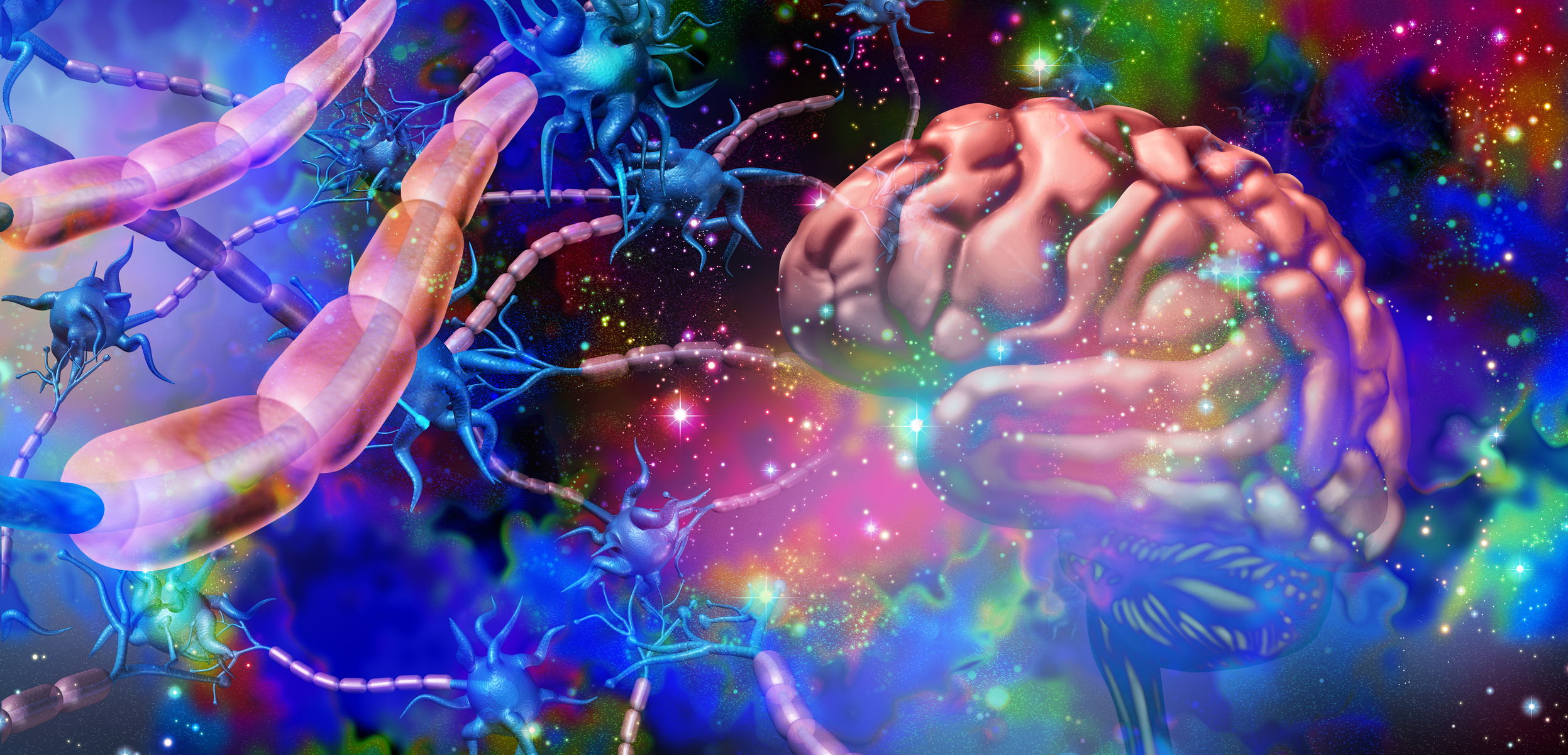Working memory (WM) deficits are common in multiple sclerosis (MS) patients. Computerized cognitive training may enhance WM capabilities but its efficacy in MS patients has not been sufficiently explored.
This study examines the effects of n-back training on cognitive performance and functional connectivity (FC) in 29 MS patients and 29 healthy controls (HC). Baseline (S1) performance on 2- and 3-back tasks and FC within the fronto-parietal network were assessed before randomly splitting the sample into four subgroups: trained MS (MSt, n = 15), trained HC (HCt, n = 14), untrained MS (MSu, n = 14), and untrained HC (HCu, n = 15). The trained subgroups underwent adaptive n-back training (60 min/day; 4 days) and n-back task performance and FC were reassessed in a second session (S2).
As revealed by mixed two-way ANOVAs, trained participants (MSt and HCt) exhibited a significant increase in the number of correct responses and significantly reduced reaction times in S2. These performance improvements were accompanied by an increase in FC in the fronto-parietal pathways and statistically significant correlations between both effects were found.
Computerised WM training results in behavioural and neuroplasticity positive effects that may be useful when trying to prevent or attenuate cognitive decline in MS patients.
Copyright © 2021 The Author(s). Published by Elsevier B.V. All rights reserved.
Enhanced frontoparietal connectivity in multiple sclerosis patients and healthy controls in response to an intensive computerized training focused on working memory.


